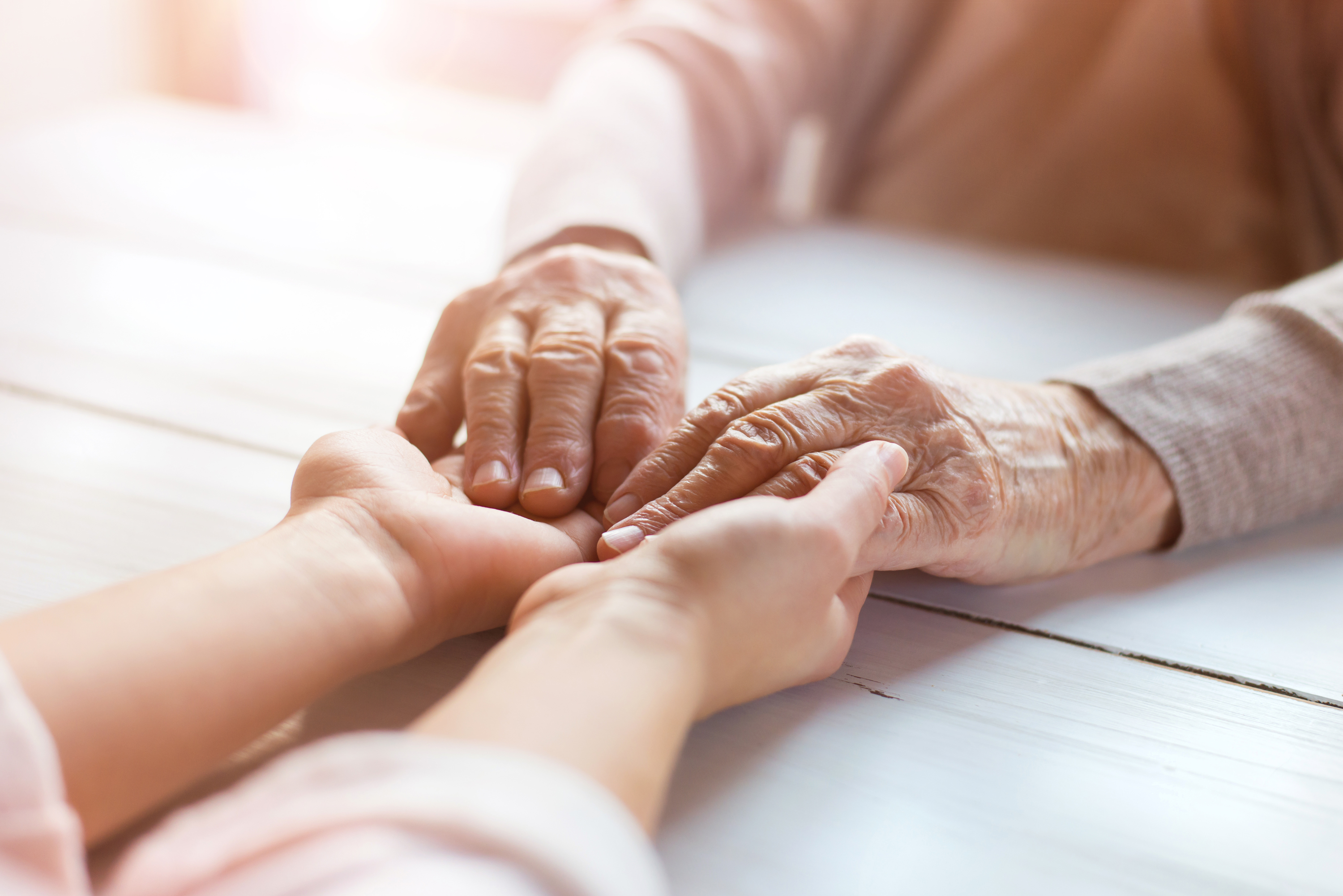Resources
Mobile Resource Library Tabs
Filters
Search
Categories Navigation
Asset Publisher
Content with Target Audience Older Adults .
Resources

How Caregivers Can Get Involved in the Community
Many times, people think of volunteering or being involved in the community as another activity to add to their to-do list. This can especially be the case when the project we have signed on for is out of our realm of interest. Caregivers can also often feel they do not have enough time to engage in activities they enjoy. However, finding the perfectly tailored volunteer opportunity or community engagement program can be key to gratification in our personal lives.
Read MoreBy Abbey Carney | 07/15/2022

Making the Most of Mealtime: Eating, Swallowing & Dignified Dining for Individuals with Dementia & IDD
Eating and food are at the center of many of life’s occasions, celebrations and moments together with loved ones. Of course, eating is also a necessity—we rely on nutrition and hydration to survive. But what happens to these important and essential moments when dementia affects a loved one’s eating? In what ways can a loved one’s ability to interact with food begin to change? This webinar explains some of the changes that may make mealtime challenging when caring for someone with dementia, and provides tips on how to set up the eating environment for successful mealtimes. It also focuses on swallowing disorders for individuals with dementia and intellectual and developmental disabilities, and how to balance safety concerns while ensuring a dignified dining experience.
WatchBy Elizabeth Kinzig | 05/23/2022

What to Know About Recent Government Policies to Support People with Dementia and their Caregivers
The Untied States government has always been a key player in the fight against dementia, but recently it has made an even greater national commitment to address this serious threat to national health. We outline just three recent dementia-related public policies that older adults with dementia and their caregivers should know.
Read MoreBy Julie Hayes | 05/16/2022

Preparing for Your Future After an Early Onset Dementia Diagnosis
A diagnosis of dementia can be devastating no matter your age. However, older adults, especially those over the age of 65, tend to be more aware of the possibility of dementia, and know that their risk statistically increases each year. But for younger adults, being diagnosed with dementia between the ages of 30 and 60 is not only upsetting—it can be outright shocking.
Read MoreBy Julie Hayes | 03/15/2022

Caring for Loved Ones with Intellectual and Developmental Disabilities and Dementia
Caring for a loved one with intellectual and development disabilities (IDD) already presents a unique set of challenges from those faced by most caregivers. When a loved one with IDD presents with changes in behavior, memory and sometimes mobility, those challenges are then joined with the challenges of being a dementia caregiver—and can often feel confusing, overwhelming and at times even too much to handle.
Read MoreBy Julie Hayes | 01/18/2022
